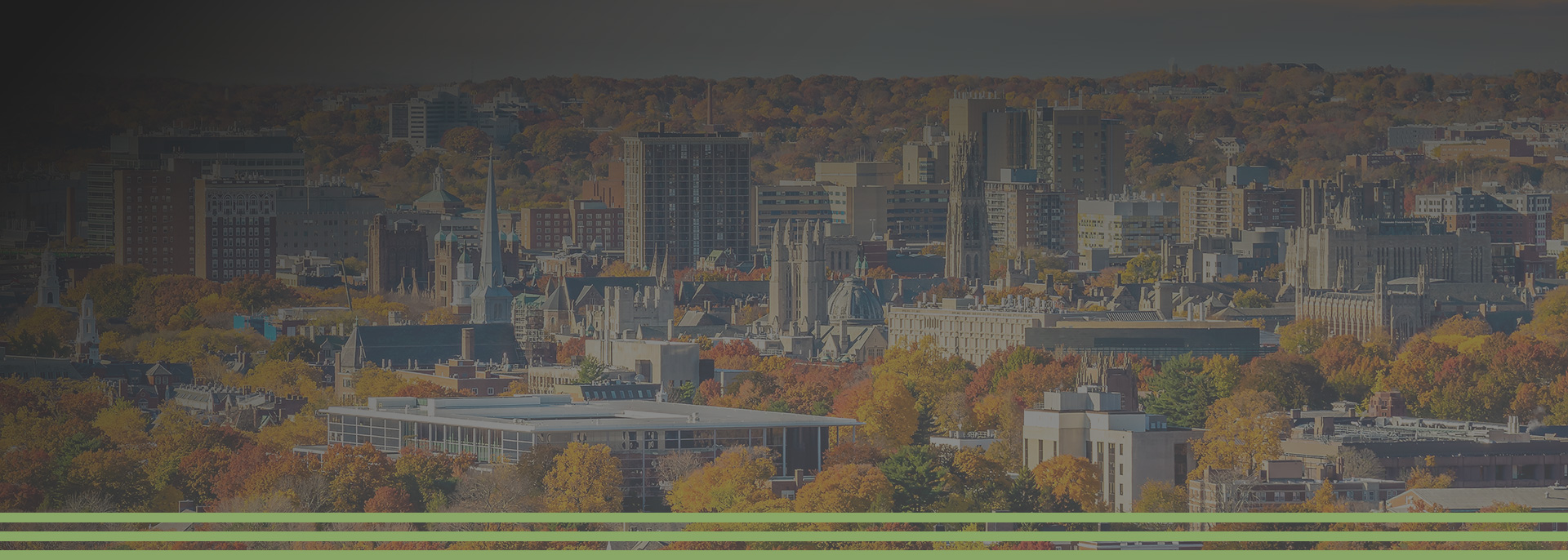For Connecticut residents who are battling major debt problems, the good news is that there are remedies to resolve such problems and to move forward with life. When other debt relief options are found to be lacking, bankruptcy often turns out to be the most effective and complete resolution that gives people A True Fresh Start opportunity. Chapter 13 is a special kind of program that is based on a payment plan.
In Chapter 13, a qualified individual or married couple are provided with a strong option to save their home if they have become past due or defaulted on the mortgage. If the person can afford to pay the regular mortgage payment each month and to pay some set amount on the arrears over a 36- to 60-month period, the mortgage can be brought up to date in the Chapter 13. The mortgagee is compelled by law to accept the monthly payments and to cooperate in the bankruptcy procedures.
In Chapter 13, one may also discharge one’s unsecured debt, such as credit cards, personal loans and other debt that is not secured by collateral. If there is little or no equity in the home, payment toward the unsecured debts will be minimal in the Chapter 13 plan payments. At the successful end of the 36 or 60 months of the plan, these bills will all be permanently discharged. If there is substantial equity in the house or other non-exempt assets, the payments toward unsecured bills will be higher.
The best way to determine whether one is qualified for Chapter 13 relief in Connecticut is to consult with an experienced consumer bankruptcy attorney. Such consultations are generally free. They provide a thorough review of one’s options and the likely treatment of one’s debt and assets in the bankruptcy. Where Chapter 7 is more appropriate, the attorney will provide a fact-filled assessment for the consumer to choose which Chapter is more desirable.
